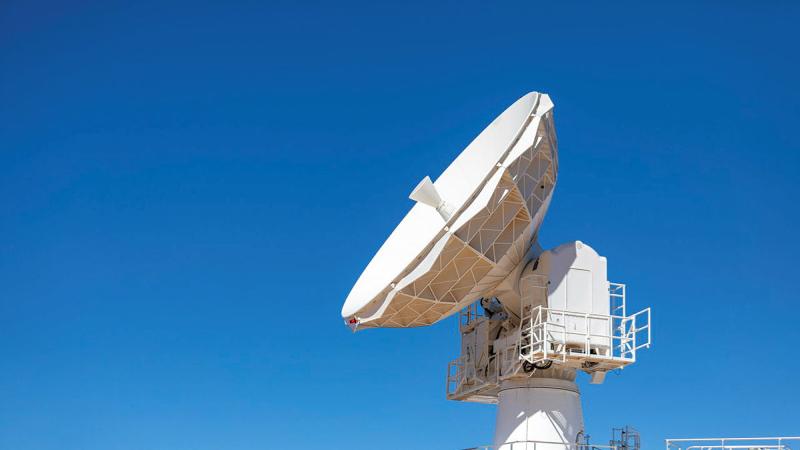As I write this column, Australia’s trade minister is preparing to meet with his European counterpart to discuss, and possibly even agree, a free trade agreement with the EU.
Unfortunately, I don’t have a crystal ball, so I can’t foresee the outcome of those discussions. However, if the whispers filtering out from Canberra are to be believed, the Europeans are playing hardball on access for Australian agricultural produce, including sugar.
Indeed, recent media reports, quoting unnamed sources, claim that the tariff free access for Australian sugar on offer from the EU is so insignificant as to make exports unfeasible.
And it’s not just sugar getting the thin end of the wedge. The EU seems unlikely to offer meaningful access for Aussie beef, sheep, dairy, and a range of other agricultural products.
Contrast this with the recently signed AUS-UK Free Trade Agreement and the difference couldn’t be more apparent.
Despite a strong sugar beet lobby in the UK calling for restricted access for Australian sugar, the UK Government offered tariff free access for 80,000 tonnes in the first year, increasing by 20,000 tonnes per year for eight years, at which time all quotas on Australian sugar would be lifted.
This was possible because the UK simply does not produce enough sugar to meet the needs of its domestic consumption and UK refiners were crying out for access to the type of high quality, sustainable sugar we produce here in Australia.
The EU produces a lot more sugar, but still nowhere near enough to meet demand and is therefore a net importer. European refiners would also like access to our high-quality raw sugar.
Despite this, the EU seems likely to cave to the demands of its powerful farming lobby, which wants tight restrictions on all agricultural produce.
I, and many of my colleagues in Australian agriculture, believe that this sort of protectionism is not in the spirit of free trade.
These agreements are about compromise, not simply opening your market to products you want and shutting it off to others. There should be a benefit to both economies.
At the end of the day, Australia will never be a major exporter of agricultural produce into Europe. The tyranny of distance prevents it, and we have access to other markets.
However, the EU can be a premium market for Australian exports, with our high-quality produce justifying a premium price.
If Europe wants to trade into Australian markets, they should also allow meaningful access for agricultural produce to their markets.
Our position is consistent with the ³Ô¹ÏÍøÕ¾ Farmers Federation and all other agricultural industries.
If the offer on the table does not improve, the Australian Government should step away from negotiations and reevaluate its position.
A delay, to continue discussions and get a better deal, is preferable to being saddled with a bad deal that will be in place for at least a generation.








